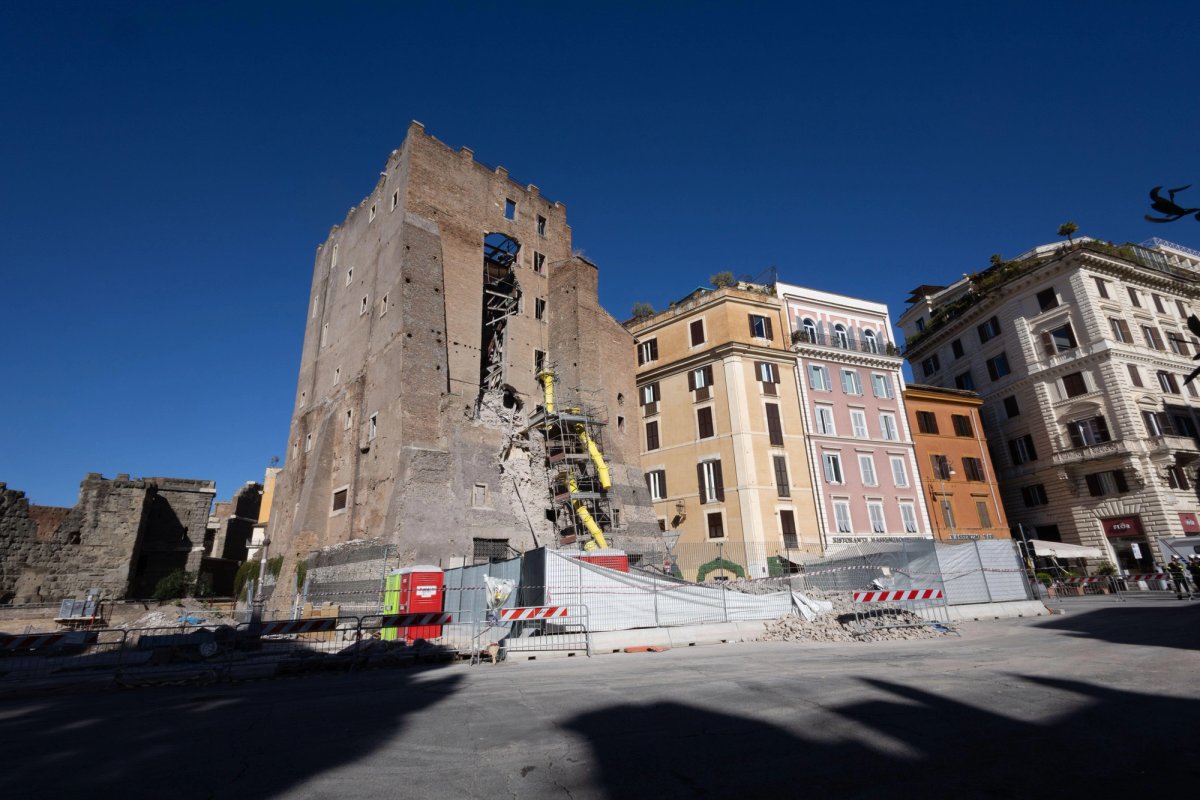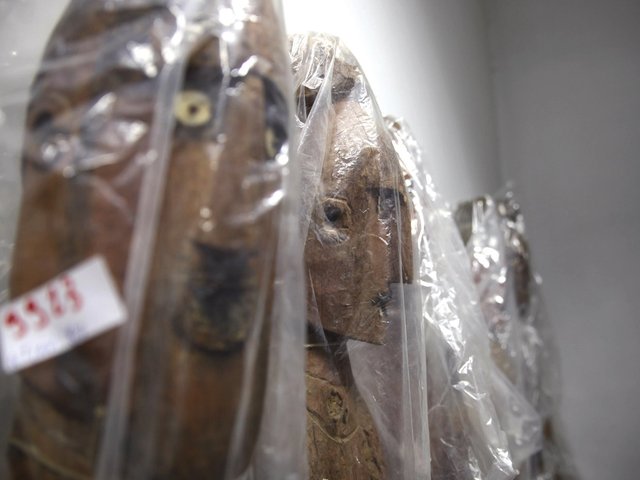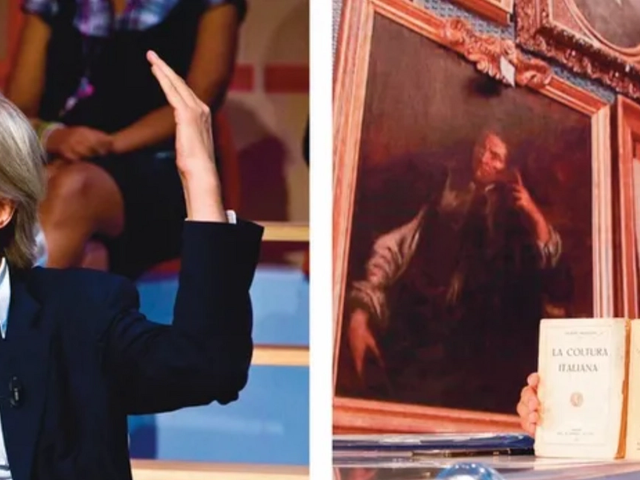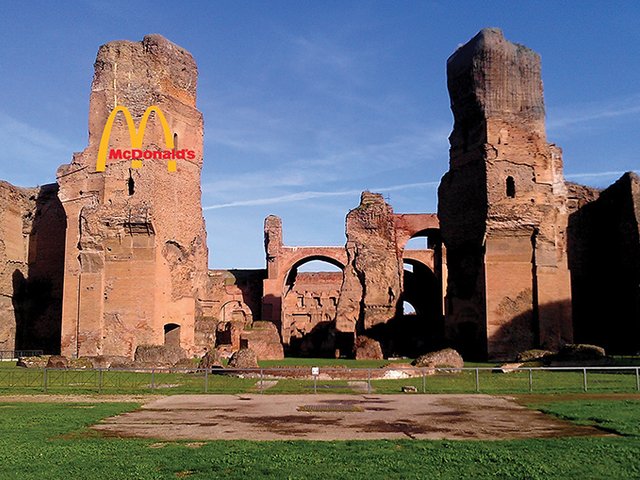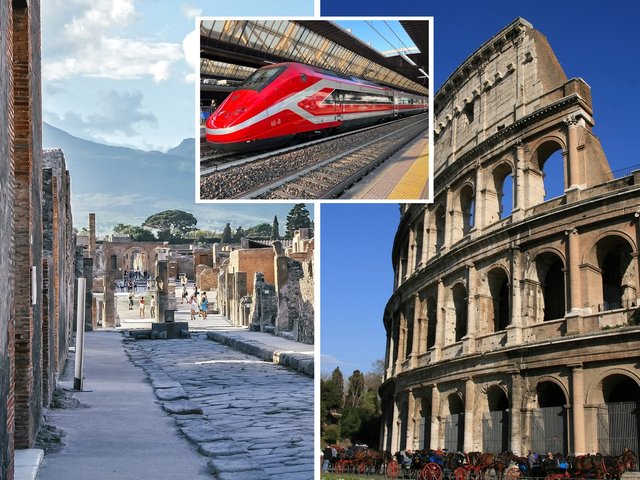Italian officials have reacted with outrage after Russia used the partial collapse of a medieval tower in central Rome to claim that Italy’s support for Ukraine has drained funds needed to preserve its cultural heritage.
The Torre dei Conti, a 29m-tall fortified residence built near the Colosseum in the 13th century, partially collapsed on Monday (3 November), causing the death of a Romanian worker who was trapped under rubble for 11 hours.
Maria Zakharova, a Russian foreign ministry spokesperson, linked the collapse with Italy’s support of Ukraine. “As long as the Italian government keeps uselessly wasting taxpayers’ money, all of Italy will collapse, from the economy to its towers,” she wrote in a Telegram post on Monday.
Italy’s foreign minister, Antonio Tajani, described Zakharova’s comments as “shameful” and “unacceptable” before formally summoning the Russian ambassador. “The vulgar words of Russian foreign ministry spokeswoman Zakharova have been contested,” the foreign ministry subsequently said in a statement.
Italy’s cabinet approved plans last December to extend the supply of "means, materials and equipment" required for Ukraine's war effort until the end of 2025.
The tower, which has been closed since 2007, was undergoing a €6.9m restoration project as part of the Caput Mundi-Next Generation EU heritage regeneration project, funded by the EU’s post-Covid economic reconstruction programme.
The project involved conservation work, the installation of electrical, lighting and water systems and the installation of a new museum dedicated to the final phases of the Roman Imperial Forum, officials said.
An external buttress built in the 1930s gave way at around 11:30am on Monday before an internal roof fell through at 12:50pm. Four of the nine workmen on site at the time were trapped, Italian media company Rai reports.
While firefighters liberated the first three workers shortly after the first collapse, they did not retrieve the fourth—Octay Stroici, reported to be in his 60s—until 11 hours later. He had sustained a critical head injury and later died in hospital.
“I express deep sorrow and condolences, on behalf of myself and the government,” Italy’s prime minister Giorgia Meloni said in a statement after midnight. “We are close to his family and colleagues at this time of unspeakable suffering.”
The first phase of the structure’s restoration, which involved the removal of asbestos and preliminary work, began in June following structural surveys and load tests, according to a statement by Rome municipal art authorities.
The restoration was being carried out by two respected Rome-based specialist restoration companies—Edilerica, founded in 1920, and Picalarga, founded in 1878—according to Italian media.
Prosecutors have opened a manslaughter investigation over Stroici’s death.


